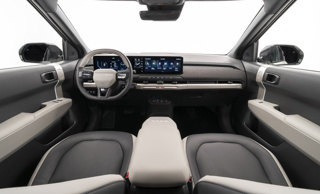The automotive trade could increase by 20%, following the 10th round of the Transatlantic Trade and Investment Partnership (TTIP) negotiations, according to ACEA.
The increase could represent transatlantic income gains of over $20 billion.
TTIP represents an opportunity to remove regulatory barriers, while maintaining high safety and environmental standards.
Following a recent study by the Peterson Institute for International Economics (PIIE), industry estimates that this rise would represent over 240,000 more vehicles traded annually, worth more than $9 billion, and supporting tens of thousands of jobs. Eliminating tariffs and achieving greater auto regulatory convergence would also provide greater consumer choice, lower costs and improve the international competitiveness of the American and European auto industries. The conclusions of the study are based on the experiences of the signatories of the UN 1958 Agreement
The American Automotive Policy Council (AAPC), the European Automobile Manufacturers’ Association (ACEA) and the Alliance of Automobile Manufacturers (Alliance) strongly support an ambitious outcome for the automotive sector, which maximises the consumer benefits and economic growth that could be achieved. The associations are supporting the TTIP automotive talks through coordinated engagement with the American and EU negotiators, as well as by supporting reports and studies that inform the talks, such as the PIIE study.
ACEA, AAPC and the Alliance are confident that transatlantic automotive regulatory convergence will result in large economic gains for both economies.
The conclusions of the study are based on the experiences of the signatories of the UN 1958 Agreement.
















Login to comment
Comments
No comments have been made yet.